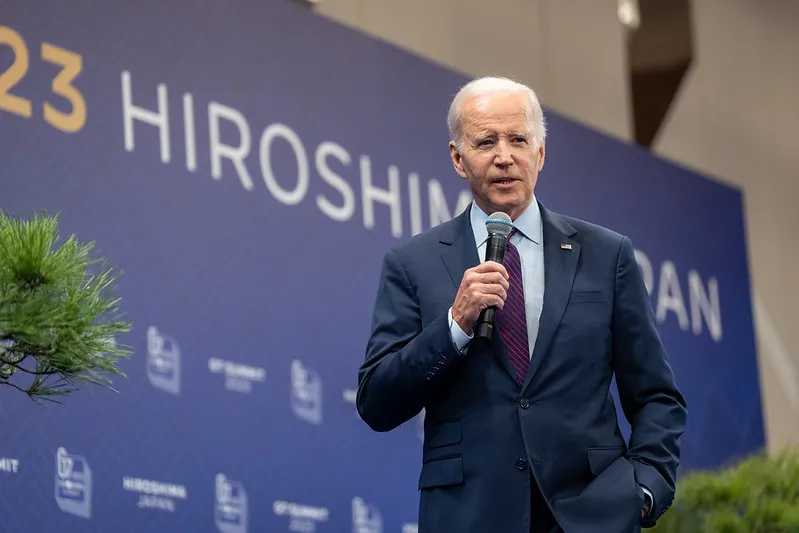In the context of the escalating tensions in Southwest Asia, the City of London’s weekly, The Economist, is in the process of “crafting the fishbowl,” so to speak, for a U.S. war against Iran, as if President Joe Biden would have no other option to solve the strategic dilemma the U.S. faces. The Economist article posted yesterday reports that Biden has sought to help Israel in its war against Hamas, while trying to prevent its escalation into a regional war. But it has not worked, as the “Axis of Resistance” continues its attacks on the U.S. military in Iraq and Syria and the Houthis continue to attack shipping in the Red Sea. As a result, “Mr. Biden will now face growing pressure to take stronger action against Iran itself.”
Biden is therefore facing a dilemma: “do nothing and America looks weak; retaliate and the President risks a new war in an election year.”
“America and Iran are thus playing a perilous balancing act,” The Economist goes on a couple of paragraphs later. “Iran has helped its allies in the ‘axis of resistance’ to stage attacks intended to weaken Israel, displace America and discredit Arab states that have made peace (or seek to) with Israel. America, for its part, has engaged in limited retaliation. Both have avoided a direct clash. But the equilibrium may not hold.” It then cites Israel’s semi-covert war against Iran in Syria and the series of terrorist attacks rattling Iran as reasons why the equilibrium may not hold.
“The administration knows it has a problem without a solution,” Aaron David Miller of the Carnegie Endowment for International Peace, told The Economist. “It can only try to manage it.”
“As Mr. Biden struggles to hold the ring in the Middle East, Mr. Miller says he may be one mishap or terrorist attack away from a regional war,” it concludes. “‘If this continues, and one of these strikes actually ends up killing a significant number of Americans, the administration is going to have no choice but to strike at the IRGC.’”



